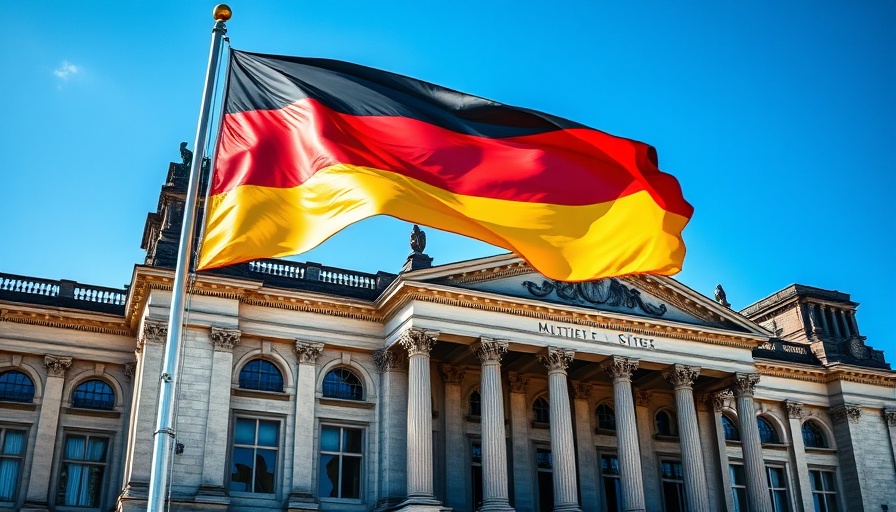
Germany's Controversial Migration Policy Sparks National Debate
In a move that has ignited deep divisions within German society, the Social Democratic Party (SPD) is advocating for a significant influx of migrants and the controversial extension of voting rights to non-citizens. This proposal, which suggests welcoming up to 500,000 migrants annually, has received a mixed reception, sparking outrage among conservatives and fears of compromising national identity.
Public Response: Outrage and Protests
As public sentiment grows increasingly polarized, protests have erupted across Germany. Many citizens are voicing their objections not only to the SPD's migration proposals but also to what they perceive as political betrayal from establishment parties. This backlash mirrors widespread concerns about national sovereignty and public safety, as highlighted by past incidents involving asylum seekers. The intersection of migration legislation and public sentiment has created a heated battleground in the lead-up to crucial elections.
The Political Landscape: Divisions Among Parties
The political ramifications of this migration policy are already being felt. Traditional party lines are blurring, with the CDU/CSU coalition vehemently opposing the SPD's agenda. In a recent parliamentary session, the CDU, led by Friedrich Merz, expressed their commitment to tightening immigration protocols, vehemently rejecting proposals for mass migration. Their insistence on stricter asylum laws resonates with a significant portion of the German populace, who favor a crackdown on incoming migrants.
Contrasting Views: Perspectives on Migration
While the SPD champions inclusivity and multiculturalism, opponents argue that such policies threaten Germany's cultural identity and socio-economic stability. Prominent figures like Angela Merkel have publicly chastised parties that seek alliances with the far-right AfD in migration discussions. The vast majority of Germans appear to support political decisions that emphasize stringent immigration control.
Future Implications: What Lies Ahead?
The ongoing debate over migration in Germany is more than just a political issue; it is a reflection of broader societal anxieties regarding safety, cultural identity, and national cohesion. As the political landscape evolves, the implications of these policies will likely resonate beyond Germany, potentially influencing migration debates across Europe. The SPD's approach may pave the way for new alliances but could also alienate moderate voters who favor a more conservative stance on immigration.
 Add Row
Add Row  Add
Add 




 Add Row
Add Row  Add
Add 



Write A Comment